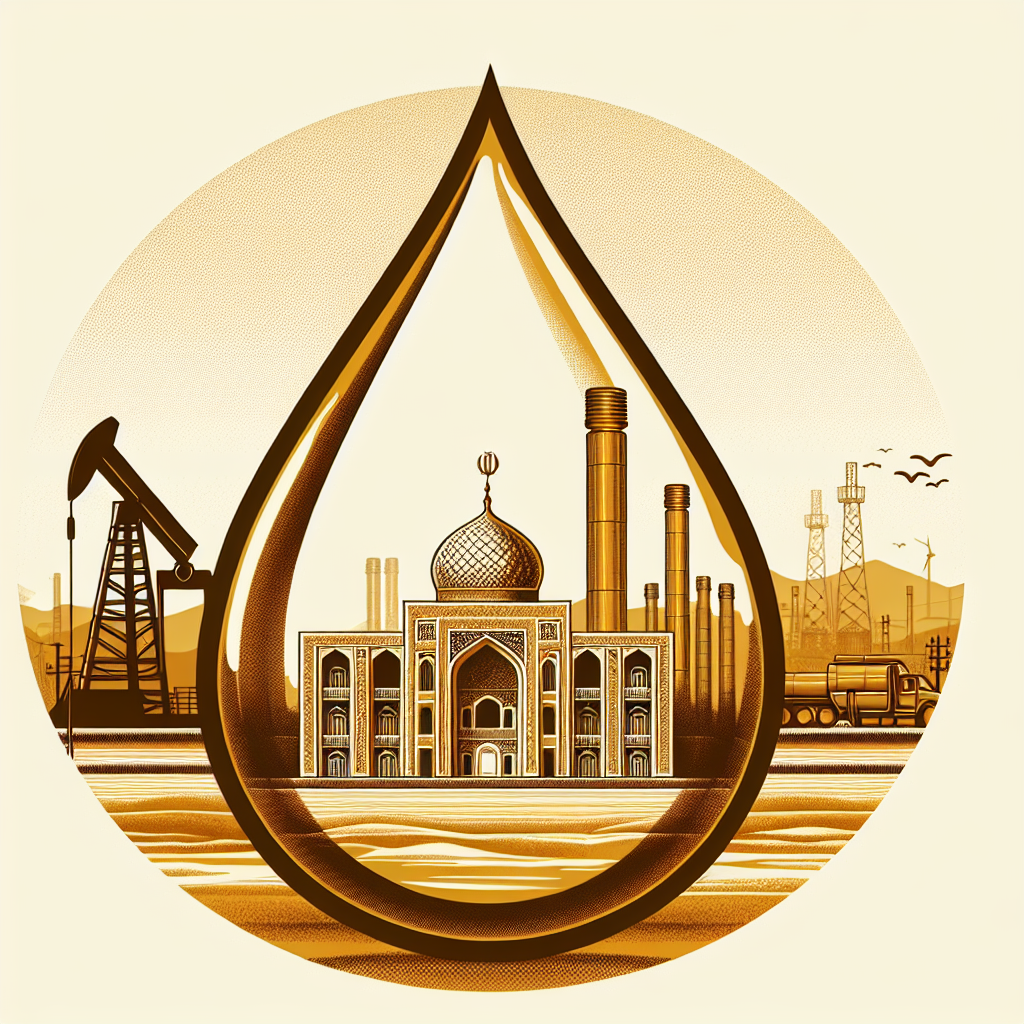The U.N. Tug-of-War: Snapback Sanctions on Iran
Iran and European nations strive to prevent the reinstatement of U.N. sanctions linked to Iran’s nuclear activities. The 2015 JCPOA deal might unravel as the ‘snapback’ mechanism threatens renewed sanctions. Negotiations and geopolitical tensions continue with significant global implications, particularly involving the U.S., Russia, and China.

At the United Nations, the looming reimposition of sanctions on Iran has reignited intense diplomatic negotiations. With the deadline approaching, Britain, France, and Germany are making last-minute efforts to prevent the reinstatement of punitive measures, which are part of the 2015 nuclear deal.
This agreement, known as the Joint Comprehensive Plan of Action (JCPOA), aimed to curb Iran's nuclear ambitions in exchange for lifting sanctions. However, the process could snap back due to alleged non-compliance by Iran, sparking a global geopolitical conflict involving significant powers like the U.S., Russia, and China.
The Security Council remains divided, with European nations urging continued dialogue. Meanwhile, Iran's strategic allies, Russia and China, propose extending talks, challenging the E3's actions. A resolution remains elusive as tensions escalate, impacting international relations and security dynamics.
(With inputs from agencies.)
ALSO READ
Iran's Firm Stance: No Nuclear Bomb Aspirations, Criticism of Israel and European Nations
European Markets Face Resistance Despite Commodities Surge
Iran-US Nuclear Tensions Escalate Amid Snapback Sanctions Threat
U.S. Transportation Secretary Warns European Nations on Travel Restrictions
Trump's Ukraine Rhetoric: Relief and Suspicion in Europe as Policy Shift Looms










